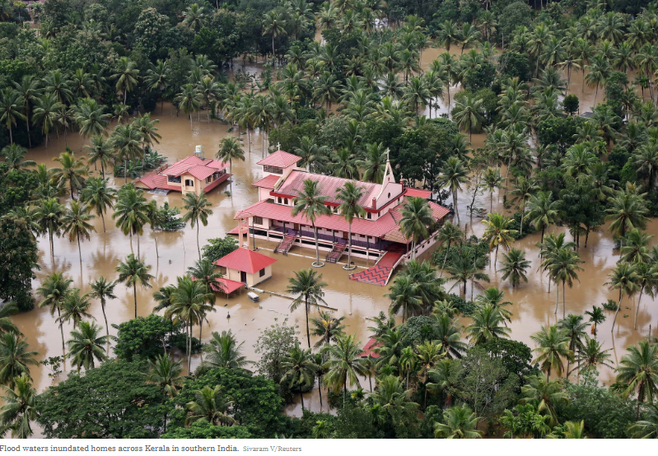The Washington State Bar Association recently hosted a seminar on Arbitrator Ethics for current and aspiring arbitrators, at which my co-presenters and I discussed these imminent changes.
"Civil" Arbitration Rules (RCW 7.06.010)
The new rules remove any reference to the word "mandatory", instead renaming them "Civil Arbitration Rules". It is somewhat unclear why this change was made, except perhaps to distinguish these rules from binding (private) arbitration clauses in consumer contracts, which have received a fair amount of negative press coverage in recent years.
Increase in Jurisdictional Limit (RCW 7.06.020)
Until September 1, 2018, cases were subject to mandatory arbitration only if the amount of monetary relief claimed did not exceed $50,000. The jurisdictional limit will be increased to $100,000. This is a significant change, and one that is viewed very differently by plaintiffs and defense attorneys.
Plaintiffs' attorneys have been advocating for an increase in jurisdictional limits for years, as arbitration provides a mechanism for fast relief and avoids the lengthy delays and significant expenses associated with a full trial. In short, the plaintiffs' bar believes that this change will provide greater access to justice.
Defense attorneys, on the other hand, believe that this increase will allow plaintiffs to force more cases into arbitration while severely limiting defendants' ability to defend against these claims, due to short time windows for hearings and limits on discovery.
Qualifications of Arbitrators (RCW 7.06.04)
In a change that is significant primarily to arbitrators, the new rules require that nobody may be appointed as an arbitrator unless they have completed three hours of legal education credits on the professional and ethical considerations of serving as an arbitrator. There are some exceptions, which will depend on the specific county.
Unfortunately, seminars focused on this topic are currently scarce. The WSBA program referenced above is expected to be available online prior to September 1, 2018.
Date of Hearing (RCW 7.06.043)
While some counties had implemented a timeframe during which the arbitration hearing was required to occur prior to the current rule change, the new rules create a state-wide requirement. Hearings shall be scheduled to take place no sooner than 21 days and no later than 75 days after appointment of the arbitrator. In effect, this means that a decision can be obtained on a case within three months of appointment.
Parties may stipulate to a different timeline, but should be aware of any applicable local rules that may impact the ability to enter into such stipulations.
Discovery (RCW 7.06.047)
This is another new state-wide rule, which limits discovery after assignment to arbitration. Parties may request medical examinations under CR 35, request admissions under CR 36, and take the depositions of parties. No other discovery is permitted except by order of the arbitrator.
While this streamlines cases for speediness and efficiency, there is an argument to be made that it will impact the ability to fully prepare a case. As such, it has the potential to result in an increased number of appeals.
Appeals (RCW 7.06.050)
The significant change to this section of the rules is the requirement that any notice of appeal must be signed by the party.
This appears to be quite straightforward, and is certainly in keeping with an attorney's obligation to keep their client advised of all developments and to act at the behest of the client. However, there are circumstances in which a client cannot be located in time or is uncooperative, which may leave that client with no recourse.
Conclusion
I do not know how these changes will affect the litigation and appeals of cases subject to the new Civil Arbitration Rules. I would love to hear from you if you have thoughts about this topic.





